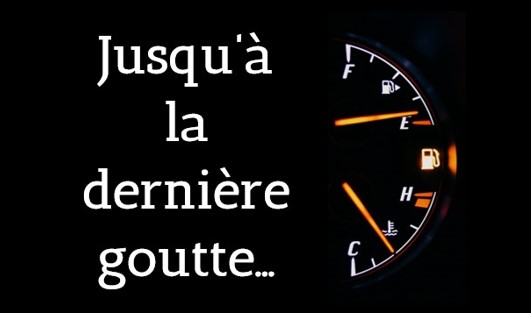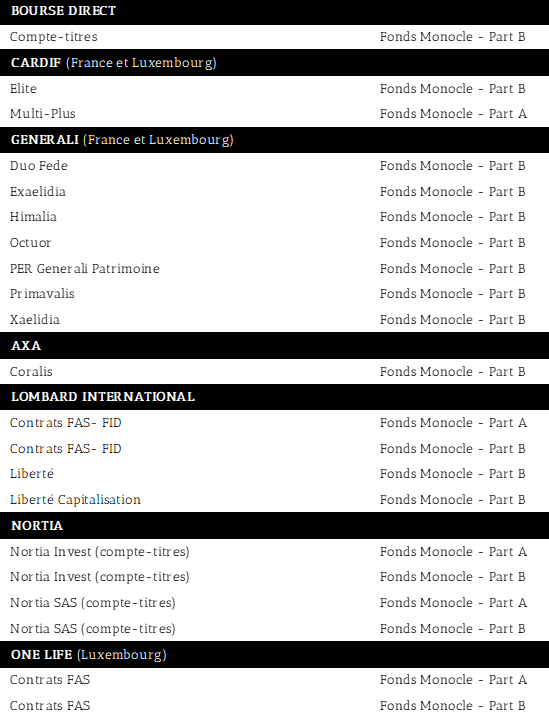
Until the last drop...
07 March 2022
Last night, at the opening of trading on the U.S. market, the price of WTI oil hit $130 per barrel. The highest level since July 2008, having slightly less than doubled since the beginning of the year.
The current geopolitical situation is leading us straight to a new oil shock, which is why it seems important to review the history and implications of the last few:
– 1973 the members of OAPEC* led by Saudi Arabia decide to implement an embargo on oil exports aimed at countries that had given aid to Israel following the Yom Kippur war. In less than a year, the price of oil quadrupled (from $3 to $12), bringing world growth to a halt and causing significant inflationary pressures (US GDP 1974: -6%).
– 1979 in the course of the Iranian revolution, oil production drops drastically, leading to a doubling of the price per barrel (to $40). This event led to the acceleration of an already galloping inflation in the United States (+9% at the time) and to the appointment of Paul Volcker as head of the Federal Reserve in August 1979, who ended up raising rates to 19% (!) in 1981 in order to combat this upward spiral. Inflation was certainly reduced, but the US economy suffered a lot, undergoing one of its biggest recessionary shocks since the Great Depression of the 1930s (US GDP 1982: -4%). Gentle reminder for Jerome Powell.
– 1990 bis repetita, the Gulf War is declared with the launch of the "Desert Storm" operation in Kuwait. Oil prices doubled at the same time (from $17 to $36), adding to the inflationary pressures to which the Federal Reserve decided not to respond, confident of the rapid success of the operation (US GDP 1991: -2%).
– 2003 – 2008 the multiplication of tensions in the Middle East, as well as the growing demand from China, led oil prices to rise from $30 to $147 (x5). It is a combination of factors that led to this increase - which is still responsible for more than 3% of inflation in 2005-06 - but it is not the main cause of the bursting of the subprime bubble (even if some see it as the beginning of the Fed's willingness to raise rates). This event should therefore be considered as the "icing on the cake" of a situation that was already very untenable (2009 US GDP: -2.5%). Would we be in the same situation today?
Indeed, even if we do not have a direct view on the links between the explosion of raw material prices and the shock on the markets, historically there has always been a recessionary period. In the current context, it is certain that recent events are not conducive to a lull in markets already on steroids.
Despite the fall in the indices, valuations remain very high, volatility is taking on increasingly lively colors, inflation is at its highest since the last 40 years (a point on which the energy situation is not ready to lift) and the room for maneuver is more restricted than ever on the side of the Central Banks.
In such a context, it seems appropriate to ask the right allocation questions and to do so quickly.
Have a great week,
Max
* Organization of Arab Petroleum Exporting Countries
Note: Prices shown are not adjusted for inflation
Disclaimer
This presentation is a promotional document. The content of this document is communicated by and is the property of Monocle Asset Management. Monocle Asset Management is a portfolio management company approved by the Autorité des Marchés Financiers under number GP-20000040 and registered with the ORIAS as an insurance broker under number 10058146. No information contained in this document should be construed as having any contractual value. This document is produced for information purposes only. The prospects mentioned are subject to change and do not constitute a commitment or a guarantee. Access to the products and services presented here may be subject to restrictions for certain persons or countries. Tax treatment depends on individual circumstances. The fund mentioned in this document (Monocle Fund SICAV) is authorized for marketing in France and possibly in other countries where the law permits. Before making any investment, it is advisable to check whether the investor is legally entitled to subscribe to the fund. The risks, costs and recommended investment period of the funds presented are described in the KIDD (key investor information documents) and the prospectus, available free of charge from Monocle Asset Management and on the website. The KIDD must be given to the subscribers before the subscription. Past performances are not a reliable indicator of future performances. Monocle Asset Management cannot be held responsible for any decision taken or not taken on the basis of information contained in this document, nor for the use that could be made by a third party. The investor may lose all or part of the amount of capital invested, as the funds are not capital guaranteed.
To unsubscribe or for any information request, you can email us at monocle@monocle.lu
